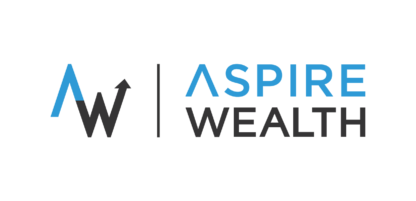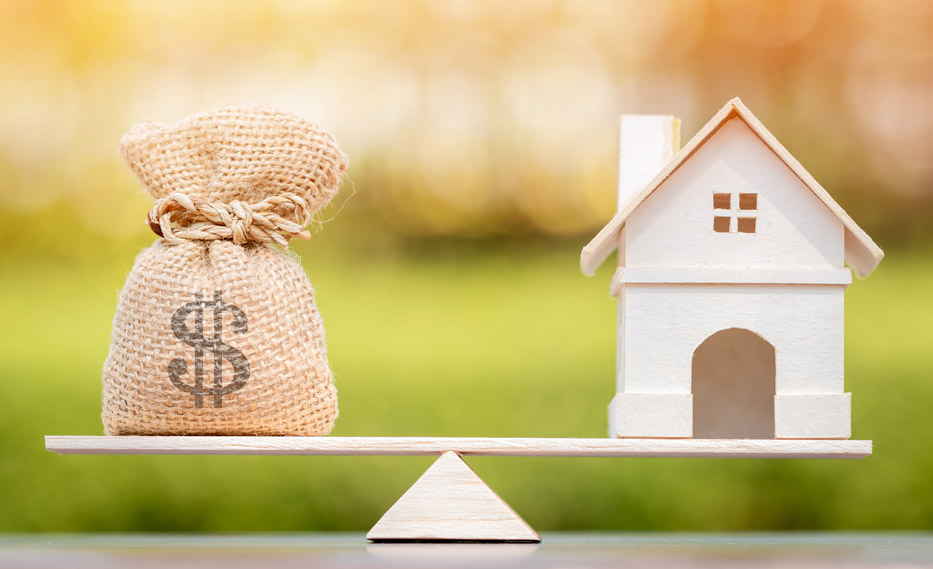We recently ran a financial plan for an individual, and as we furthered our discussion it was evident they had concerns regarding their current mortgage. They were nearing retirement and had questions regarding what to do with their mortgage as they still had 15 years of payments remaining. The individual wanted direction as to whether or not it would be beneficial to pay off their mortgage now and avoid any further payments, or avoid a large cash outlay and continue to pay the mortgage off over the next 15 years.
Mortgages are a popular topic when discussing financial statement analysis and cash flow management / budgeting. Should you use a 15 or 30 year payment schedule, or should you buy a house with cash if possible? Should you make additional payments to reduce your principal faster, or just make the minimum monthly payment? While these questions relate specifically to mortgages, they can apply to the general concept of debt as a whole.
Before we get too far into these questions, we want to make a bold statement: debt can be appropriate when matched properly with the life of an asset and the ability of the borrower to repay. Many people have the misconception that debt is completely evil. Although you should avoid using debt to finance a lifestyle you cannot afford, this does not mean you should always avoid debt altogether.
Sometimes you need to purchase something that requires more cash than what you currently have. The most common examples of this are houses and cars. Although you do not NEED to purchase a house, sometimes this is a better option than renting – you can slowly build equity from your monthly payments as long as you can afford them. As for cars, sometimes your car may break down or become un-drivable, forcing you to buy a new one at an inopportune time.
Now that we have determined debt may not always be evil when used appropriately, let’s jump into the first question from above: Should you use a 15 or 30 year payment schedule, or should you buy a house with cash if possible?
Many people will automatically say buying the house in cash is the best option, but how do each of these options impact your overall portfolio? Let’s assume we have $300,000 in cash and are looking to buy a $250,000 house. We will assume any extra money will be invested into a generic 60% Equity / 40% Fixed Income buy and hold strategy which has a standard deviation of 9.15% and an average return of 6.67%, so nothing too fancy here. Finally, let’s assume we have excess annual income of $30,000 net after taxes to allocate to investing and mortgage payments (all other expenses including property taxes and insurance are canceled out with other income, so the only difference will be the amount of principal & interest payments).
We ran some scenarios through a program that uses Monte Carlo simulations (we input investment risk/return metrics as well as the mortgage parameters, then the software runs 1,000 simulations on the data provided, based on various market scenarios); here is how these scenarios played out over a period of 30 years.
Scenario 1
Purchase house in cash for $250,000. Invest remaining $50,000 right away. Since we will have no mortgage payment, there will be an additional $30,000 to invest each year. After the full 30 years, the average scenario had an ending portfolio value of $3,292,043. This may seem like an extreme ending portfolio value for starting with only $50k, but remember we have $30k each year to invest and the money is compounding for 30 years with no distributions.
Scenario 2
Spend $50,000 on down payment. Take a 30-year mortgage of $200,000 with a 3.875% rate, resulting in monthly P&I payments of $940.47. Invest the remaining $250,000 ($300,000 cash minus $50,000 down payment) right away. Since we only have $30,000 to allocate between our mortgage payment and investments, and the annual mortgage payments will total $11,285.64 ($940.47 * 12 months), we will have $18,714.36 to invest each year. After the 30 years we end up with an average ending portfolio value of $3,538,297.
Scenario 3
Spend $50,000 on down payment. Take a 15-year mortgage of $200,000 with a 3.25% rate, resulting in monthly P&I payments of $1,405.34 (rates are typically a little lower for 15 year mortgages compared to a 30 year mortgage). Invest the remaining $250,000 right away. Since this is only a 15 year mortgage we will have two separate savings rates. For the first 15 years we will have the ability to save $13,135.92 per year after mortgage expenses. The last 15 years we will be able to save the entire $30,000 per year since there will be no more mortgage payments. After the 30 years we end up with an average ending portfolio value of $3,314,418.
These results may be somewhat surprising to many of you. It appears using a 30-year mortgage results in the highest ending portfolio value in this specific hypothetical example (higher ending value than the 15-year mortgage or a full cash purchase). How can that be possible when you factor in all of the interest you will save by getting rid of your mortgage payment?
The answer is largely attributable to the power of compounding. Over the long-term, in this simplified example, it seems that it is more beneficial to contribute more money to your investment portfolio early on than to neglect your savings in favor of a lower amount of debt. I.e. the amount of time your money is in the market is an important factor to your longer-term portfolio expectations.
This can be expanded to show there could be circumstances in general where it may be economically beneficial to accept debt rather than to avoid debt completely, which could cause you to avoid saving properly as well.
Will this always be the case? Absolutely not. We will dive further into why this is next time in our answer to the second question from above: Should you make additional payments to reduce your principal faster, or just make the minimum monthly payment?
Derek Prusa, CFA, CFP® and Ben Webster, CFP®
Co-Founders and Owners of Aspire Wealth


